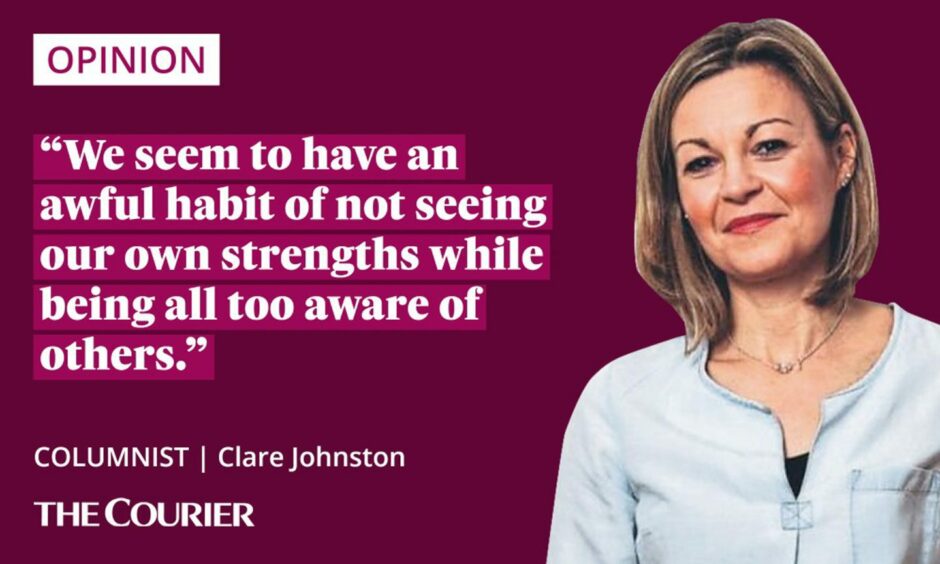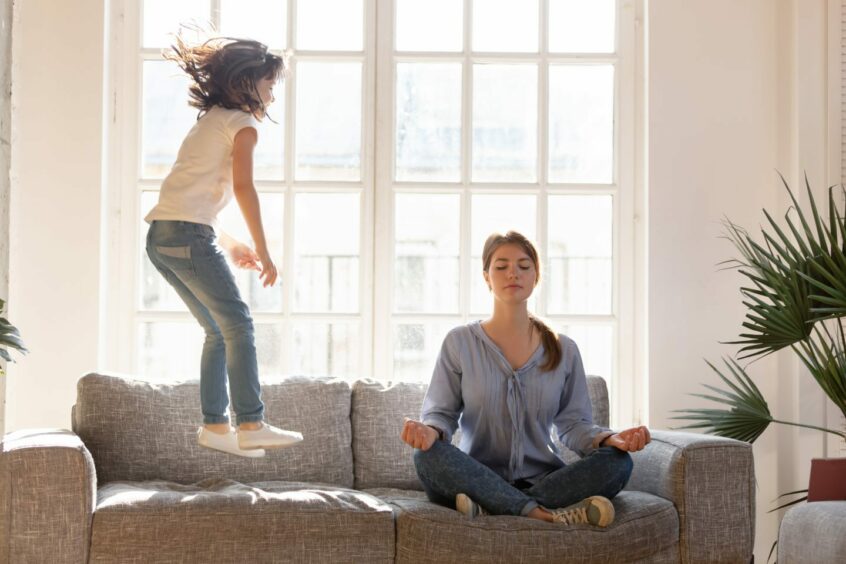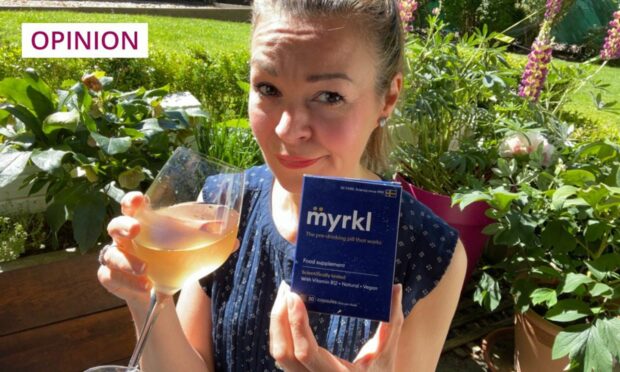Self doubt is a lonely old place to be.
When you live there you don’t notice the vast community of like-minded souls around you.
That’s because you’re too busy telling yourself that others are much better than you. Because on the surface they seem to be doing okay, and underneath (where only you can see) you’re not.
Except, the reality is that most people, and especially women, feel pretty much the same way to varying degrees.
This I discovered in a “eureka moment” around this time last year when I actually started asking other women about their confidence levels.

These individuals are some of the most talented I’ve worked with.
I would like to think they know who they are if they’re reading this. But they’ll be too busy telling themselves it can’t be them.
I have actually yet to find one who told me they felt fully confident in their abilities.
Prominent psychologists and authors often quote the statistic that some 85% of the world’s population suffer from low self esteem.
Try asking among your own circle of friends. It will probably produce a not dissimilar result.
And it starts early. A recent study for the Girlguiding charity in the UK revealed nearly half of females aged 11 – 21 say poor body image holds them back from taking part in activities.
Shaken from my own self doubt
Understanding the scale of this problem shook me out of my own self doubt and I couldn’t let it continue for another minute.
I was just so frustrated and saddened by the wasted hours spent berating ourselves when we could have been, should have been, sending ourselves a completely different message.
So that’s why I decided to stop putting myself down.
It was that simple.
I just said no.
If I mess something up then, first of all, that is normal. We all mess up from time to time.
Instead of letting it break me, I try to make a mental note of what went wrong and think about what I could do avoid it in future.
It’s no longer a reason to tell myself I’m an idiot.
Shouting at my kids was my number one source of guilt. It rarely achieves anything and I feel terrible about it afterwards.
That I have found harder to shake, but I now accept this is something that most parents experience. And parenting is not easy.
If we’re doing our best, if we’re showing our kids love and feeding them and clothing them and encouraging them then we’re doing fine.
Getting annoyed with them is no longer a reason to tell myself I’m not a good enough mother.
In building others up we manage to tear ourselves down
When we look at other people with their seemingly big confidence, we see their talent, their skills, their glossy hair.
Whatever it is we see in them as strength, we also see as our weakness.
The reality is we have different strengths. And the trick, as I’ve now learned, is to be clear in your own mind about what your strengths are.
Don’t even try to tell yourself you don’t have any. Everyone has their strengths.
Building friendships is a strength. Being able to assemble flatpack furniture (I can’t) is a strength. Reading a spreadsheet (I can’t) is a strength. Being patient (almost never) is a strength.
But we seem to have an awful habit of not seeing our own strengths while being all too aware of others.
That’s the greatest irony of all. That while we’re busy putting ourselves down, someone else is building us up in their own minds and often at their own expense.
Low self esteem costs
If we can’t recognise our own strengths then we certainly can’t value them.
And that feeds through into our earning potential. Studies suggest people with higher self belief earn higher salaries.
So not only does low confidence and esteem hurt us emotionally, it also hurts us financially and we cannot afford to let it go on.
I’m not a psychologist or a therapist. I’m just someone who got angry about the wasted potential I see in brilliant people putting themselves down and then realised the futility of it.
I want to wave a magic wand and hand everyone a great big sack of confidence.
But if I can’t do that then I can ask you to focus on what you’re good at and say no to the self doubt that is telling you otherwise.



















Conversation